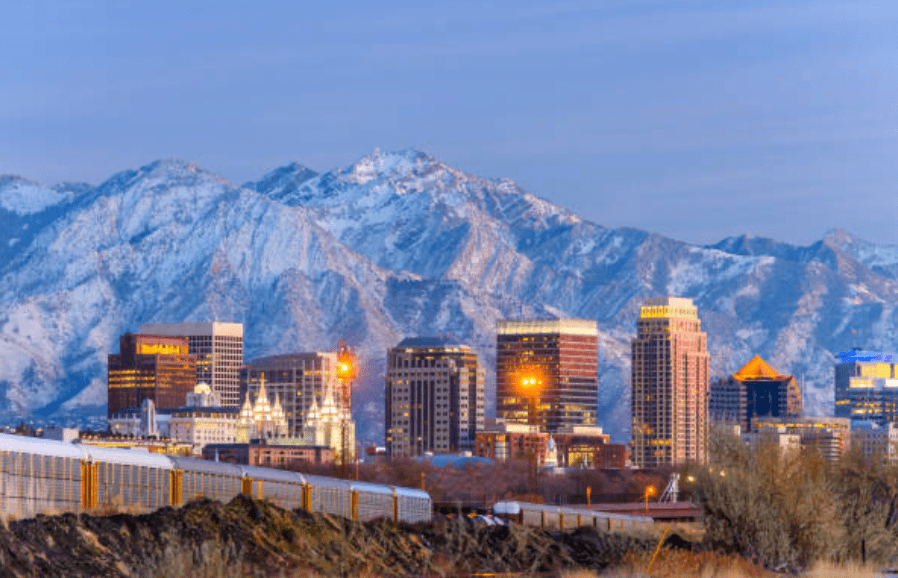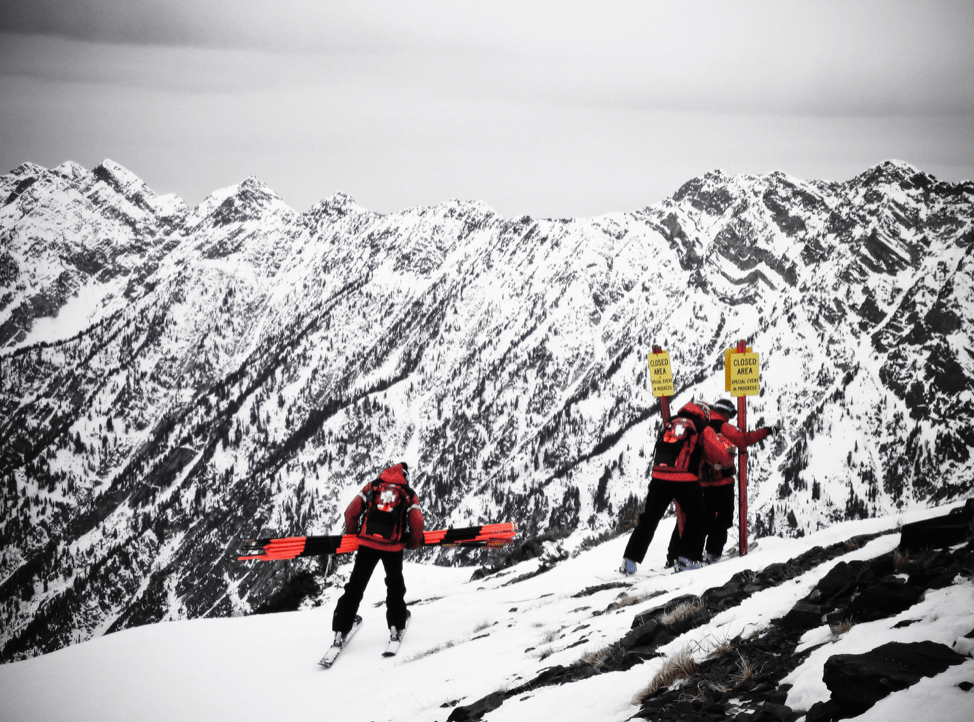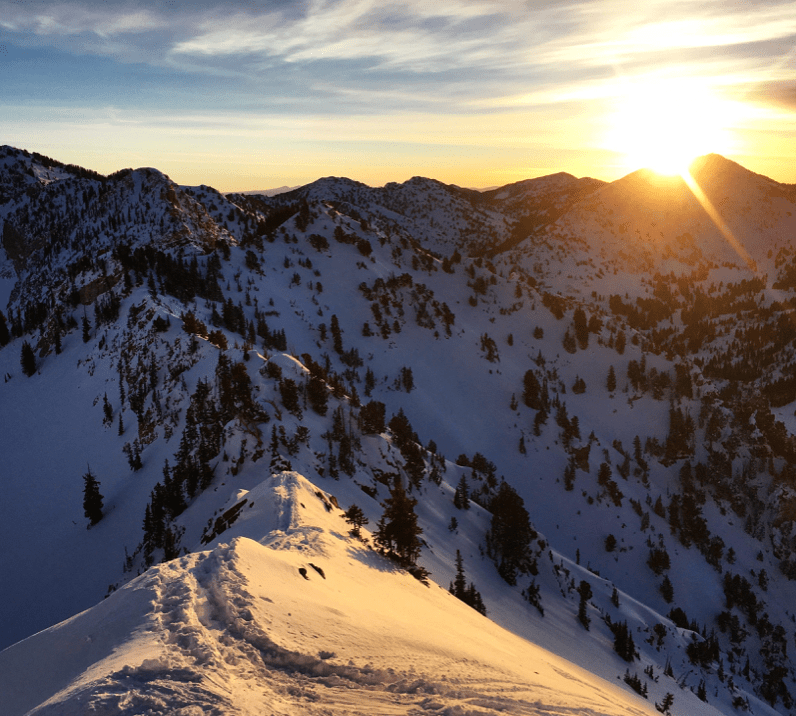
For Utah residents, this could be the last year you have to adjust your clock for Daylight Savings.
Utah legislature, SB175, will couple the state among the few others that have taken a step away from the biannual time change between daylight savings and standard time. Residents will still spring forward and jump back this year, but 2023 may be the final time your clock will have to be adjusted.
The proposed bill will bring a permanent time change to the state. Under federal law since the Uniform Time Act of 1966, states have been required to undergo a biannual time change each year. Once in the Spring and once in the Fall. However, there are exemptions and Utah is the latest state to challenge it.
Arizona and Hawaii are among the other states that maintain a single time zone throughout each season. These states observe standard time annually. The difference with Utah’s proposed bill is the permanence of daylight savings, the time observed currently during the summer.
While polls show the unpopularity of these biannual time changes, moving to permanent daylight savings would greatly affect residents. During the summer, daylight savings allows for long hours of sunshine into the evening. When imposed in the winter it would mean later sunrises. Meaning most people’s days would start in the dark.
Polls show that the current time change is wildly unpopular. The dilemma however is whether to continue with permanent daylight savings or maintain a standard time. Permanent daylight savings would have the greatest effect on citizens’ day-to-day lives as the sun would rise much later in the winter. This would mean kids would go to school in the dark, and many adults would begin their commute far before the sun awakens for the day.
For any business operations that require daylight, this would also result in a much later start to the day. Ski areas especially would be among those whose operations would be severely affected.

Mike Maughan, Alta Ski Area’s president, pointed out in an interview how the permanent change could affect the area’s operations. He stated that the change would push people to work later, and for an industry that relies on daylight in the winter, their operations would severely be affected.
With the sunrise in the winter being delayed as late as 9:15, area operations wouldn’t be able to finish the protocols required to open until the sun is up. Dawn patrol and early avalanche mitigation would have to be pushed back which in turn will potentially shorten the ski day.
As of March 15, SB175 has passed in the US Senate and has moved on to the House. If approved in the House, it will move on to the President for approval. In the event of the bill being passed, Utah will join the few other states exempt from changing their clocks twice a year.
Time is ticking for the future of this bill and it has the potential to affect many this upcoming season.

Stupid, stick with normal time, get rid of hitler inspired daylight savings time.
I don’t see the problem with this…just spin the lifts 10-5 instead of 9-4. What’s wrong with that? Permanent daylight savings time makes it so we don’t have to wake up as early to ski, both dawn and dusk patrol backcountry tours are easier. Personally I think the sunsetting before 5pm is worse than rising at almost 9am would be.
Easy. Just change operating hours to 10am to 5pm.
Not everything is a catastrophe.